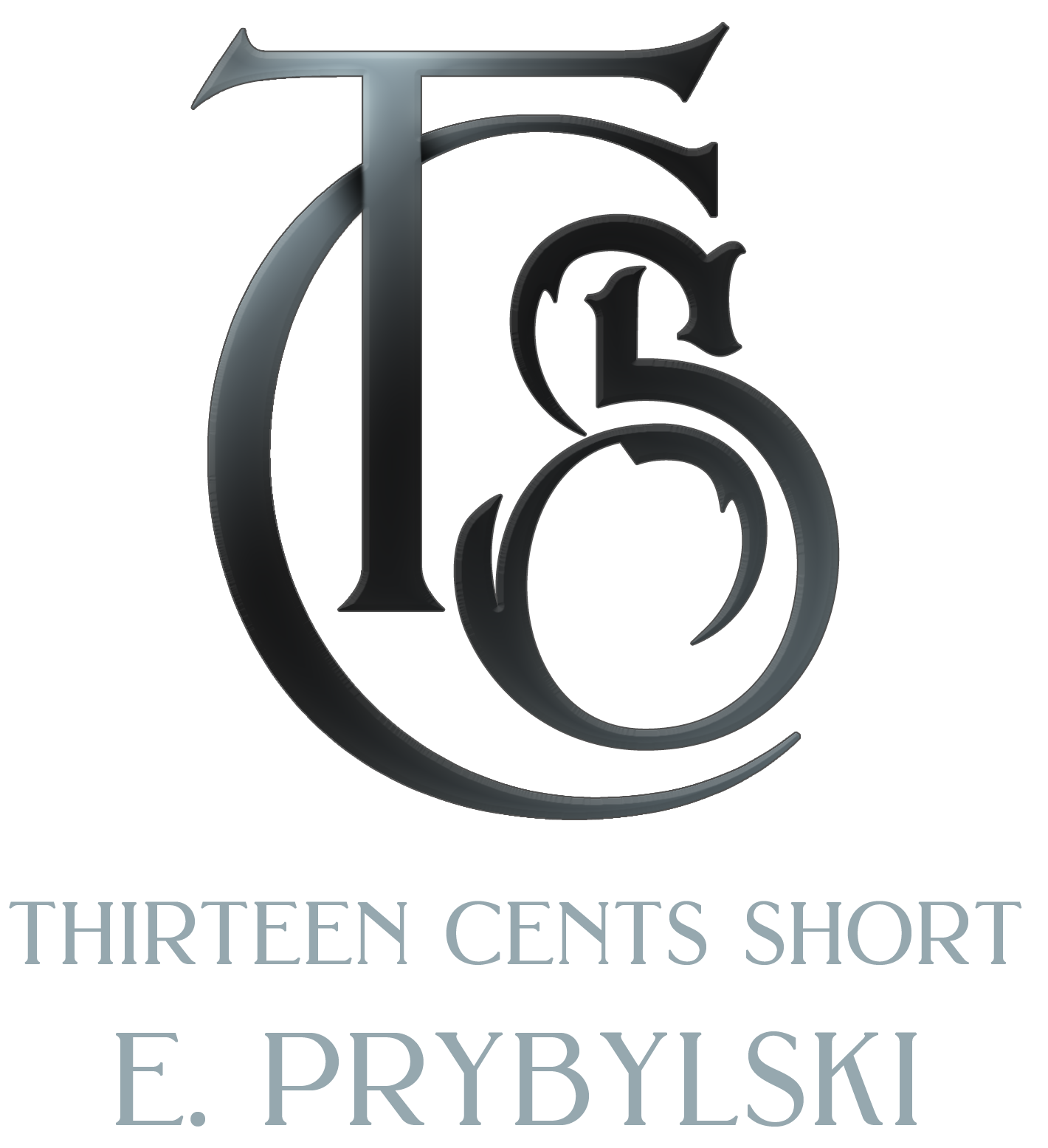The tempting tome of torpid turbulance!
If having a large and varied vocabulary is gold in writing then an over-reliance on a thesaurus is lead: worthless unless you’re making bullets out of it. Some authors attempt to use a thesaurus to compensate for what they feel is a lack of large or impressive words. But I will tell you something – the size of the words you use doesn’t impress or repel me as an editor.
Much like other things (ahem), it’s not the size that matters but how you use them. If you can use your words effectively then you don’t need monstrously large words filling a page. And most readers don’t likely want to have to carry a pocket dictionary just to read your work. While I do have a rather large vocabulary (many years of reading, writing, and “word of the day” emails) I don’t tend to make use of them unless I have the perfect spot for them.
One of the main problems of the heavy use of a thesaurus is that while phrase “muddled means of mensuration” might sound impressive to some people, when I look at it my eyes instinctively roll. I just can’t seem to stop it. Ignoring the fact that alliteration is not one of my favorite literary conventions, the use of the word “mensuration” just sets my teeth on edge.
While technically accurate in the sense that it means “to measure”, it’s typically a word that one would only come upon in a mathematics class. And even then it would have to be one of the higher maths because I don’t remember any of my teachers saying it. I’m not ashamed about the fact that I had to look it up to see what, precisely, that word meant because while I could understand it in context, it was not one I’d heard before.
This sort of thing is something that is avoidable by simply using the common words for things. For example, I could rewrite the sentence “He bowed his head,” into something obscenely complicated (The human creature of the male sex lowered and then raised his cranium,) there is no need for it.
The use of a thesaurus in excess also results in issues of flow and brevity. As has been said many times, “Brevity is the soul of wit,” and this is extremely true. While writers are supposed to evoke and paint colorful pictures, doing so in a concise manner is often more effective than verbose strokes of a brush. It’s like trying to paint details with a brush designed to get half the wall at once.
Now, all this having been said – there are times where a thesaurus is useful. However, it must be used with extreme caution and only in the most extreme circumstances. The reasons for this is that while “to measure” and “mensuration”, for example, both mean similar things, they have very different inferences and applications. This is true of most words.
I am one of the people of the school that believes that there are no two exact synonyms. Inevitably, there are slight variations in the contextual application of the words and thusly one word is not the same as another. This may seem overwhelming because let’s face it, there are so many damn words. How will we ever find the right ones?
Just wing it. Go with what feels and sounds right. Chances are, if it’s a word that you, yourself would use in conversation then it’s the right word. The only time where that’s not applicable is in dialogue where you’re writing a character that is entirely outside your realm of experience (I, for example, do not have a thick, Irish accent – nor do I use British slang – but some of my characters do).
A really fantastic book that might help with word choice is one entitled “Sin and Syntax” ( by Constance Hale) that is a really phenomenal read. It’s one of the few grammar books that doesn’t make me want to crawl away and hide with its dryness.

as if!
[…] Word Choice and Thesauruses… Thesauri…? (efharvey.wordpress.com) […]